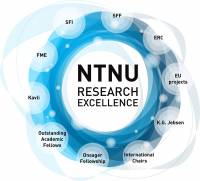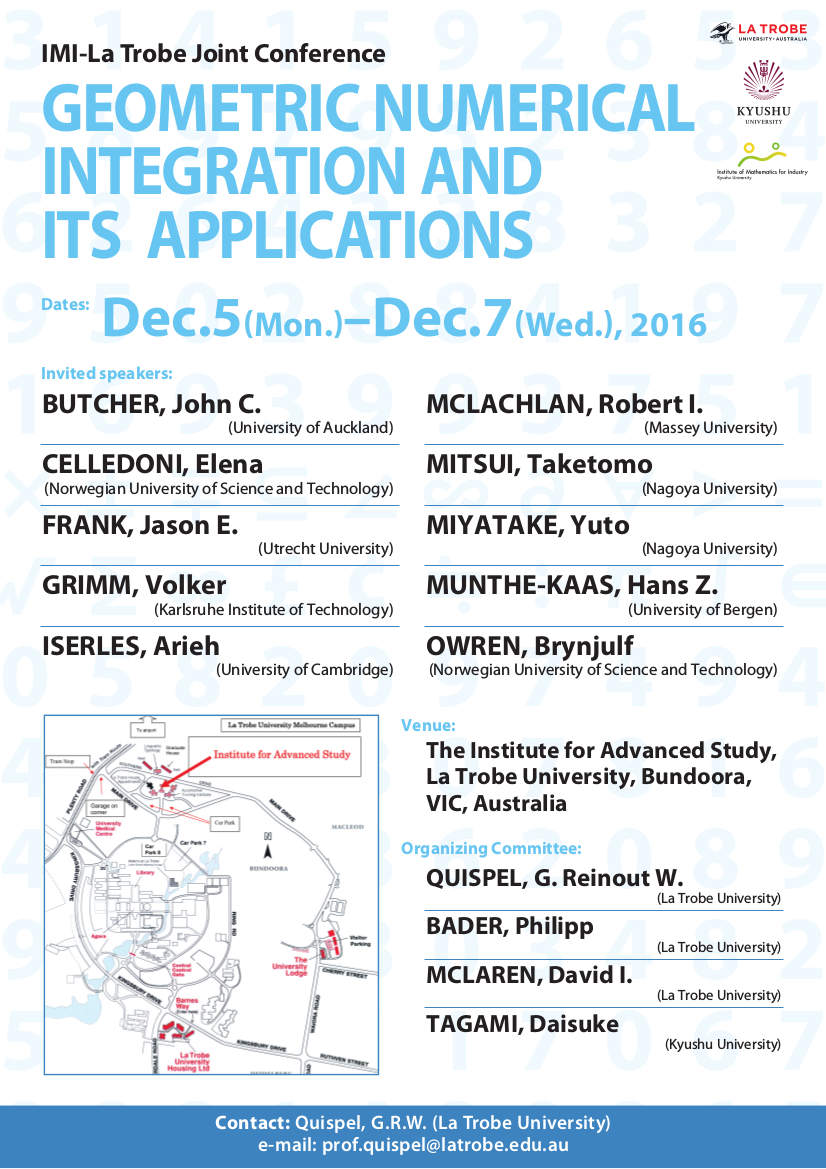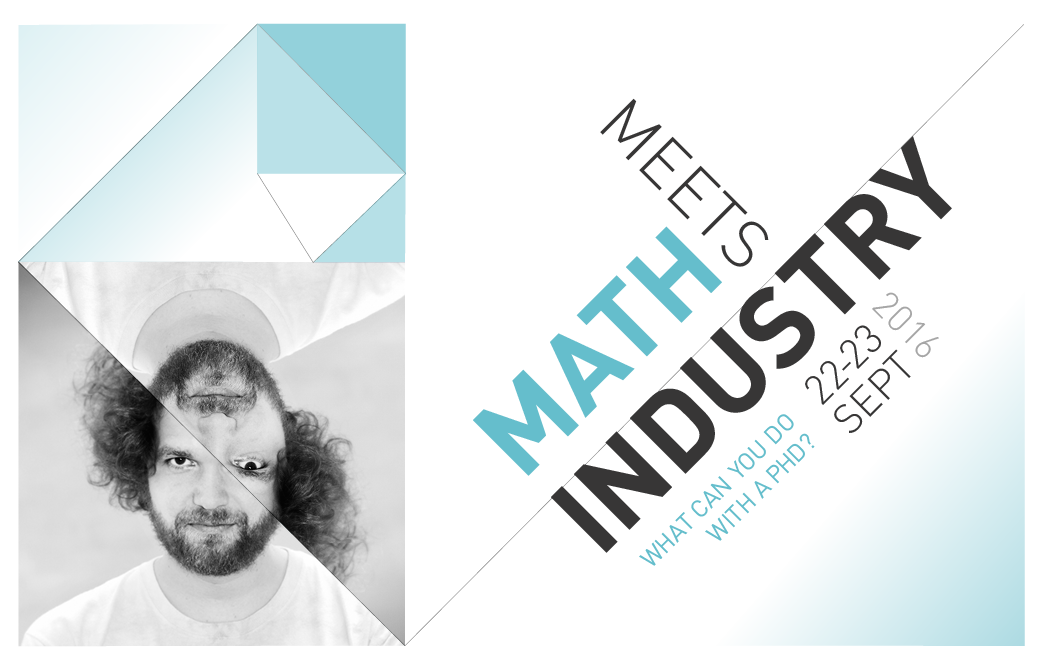CHiPS
Challenges in Preservation of Structure (CHiPS)
Welcome to the MSCA-RISE project Challenges in Preservation of Structure (CHiPS), supported by the EU Horizon 2020 program.
In this project we will address Challenges in Preservation of Structure for the numerical solution of evolutionary problems. There are two essential tools necessary to solve scientific problems on a computer:
- mathematical models, often consisting of differential equations
- numerical methods
Since the 1940s much attention has been devoted to the best ways to discretize differential equations so that they can be solved numerically. Initially, the main emphasis was on all-purpose methods (defined for all differential equations), such as Runge-Kutta methods and linear multistep methods, and their quantitative accuracy. During the last 25 years, however, interest has expanded to considering special classes of differential equations and purpose-built algorithms that are tailored to preserve the special features of each class. In addition to be quantitatively accurate, these novel methods have the advantage of also being qualitatively accurate. This has resulted in methods that preserve symmetries, first integrals, symplectic structure, measure, foliations, Lyapunov functions, etc. These methods are called geometric integration methods.
The present project will address fundamental questions in the field of structure preserving algorithms. The research objectives for the CHiPS project include:
- analysis of algebraic, combinatorial and geometric structures underlying geometric numerical integration schemes for differential equations,
- structure preservation in partial differential equations with highly oscillatory solutions,
- new energy-dissipative techniques for image processing,
- geometric integration methods for Bayesian statistics,
- structure preserving methods for applications in mechanics and control.
Partners involved in the program.
| Academic Partners | Non-academic Partner |
|---|---|
|
The scientific innovations of the project will be incorporated into usable software tools in cooperation with our non-academic partner MathWorks.
Contact
- MSCA-RISE
- Marie Skłodowska-Curie Actions (MSCA): International and inter-sectoral cooperation through the Research and Innovation Staff Exchanges (RISE).
News and activities
Isaac Newton Institute programme
Variational methods and effective algorithms for imaging and vision (Cambridge, UK, Aug - Dec 2017)
IMA Conference on Inverse Problems from Theory to Application
Outreach
Part of CHiPS mission is to make our research available to a wider community of researchers, professionals and the general public. Learn more about CHiPS outreach activities.
People
| Researcher | Institution |
|---|---|
| Elena Celledoni (coordinator) | NTNU Trondheim |
| Brynjulf Owren | NTNU Trondheim |
| Alexander Schmeding | NTNU Trondheim |
| Olivier Verdier | NTNU Trondheim |
| Arieh Iserles | University of Cambridge |
| Carola‑Bibiane Schönlieb | University of Cambridge |
| Jasmina Lazic | The MathWorks Cambridge |
| Hans Munthe-Kaas | University of Bergen |
| Antonella Zanna | University of Bergen |
| Stig Larsson | Chalmers University of Technology |
| Klas Modin | Chalmers University of Technology |
| Reinout Quispel | La Trobe University |
| Robert McLachlan | Massey University |
Publications
Celledoni, E., Eslitzbichler, M., Schmeding, A.
Shape Analysis on Lie Groups with Applications in Computer Animation
J. Geom. Mech. Vol. 8, no. 3 (2016), pp. 273–304
De Los Reyes, J.C., Schönlieb, C.-B., Valkonen, T.
The structure of optimal parameters for image restoration problems
J. Math. Anal. Appl. 434 (2016), no. 1, 464–500.
Iserles, A.
The joy and pain of skew-symmetry
Found. Comp. Maths DOI 10.1007/s10208-016-9321-0 (2016).
S. Larsson and M. Molteni,
Numerical solution of parabolic problems based on a weak space-time formulation
Comput. Methods Appl. Math. (2016).
Geometric integration of non-autonomous linear Hamiltonian problems
Adv. Comput. Math. 42 (2016), no. 2, 313–332.
Verdier, O., Xue, H., Zanna, A.
A classification of volume preserving generating forms in R^3
Discrete and Continuous Dynamical Systems Vol. 36, no. 4, (2016) pp. 2285-2303




